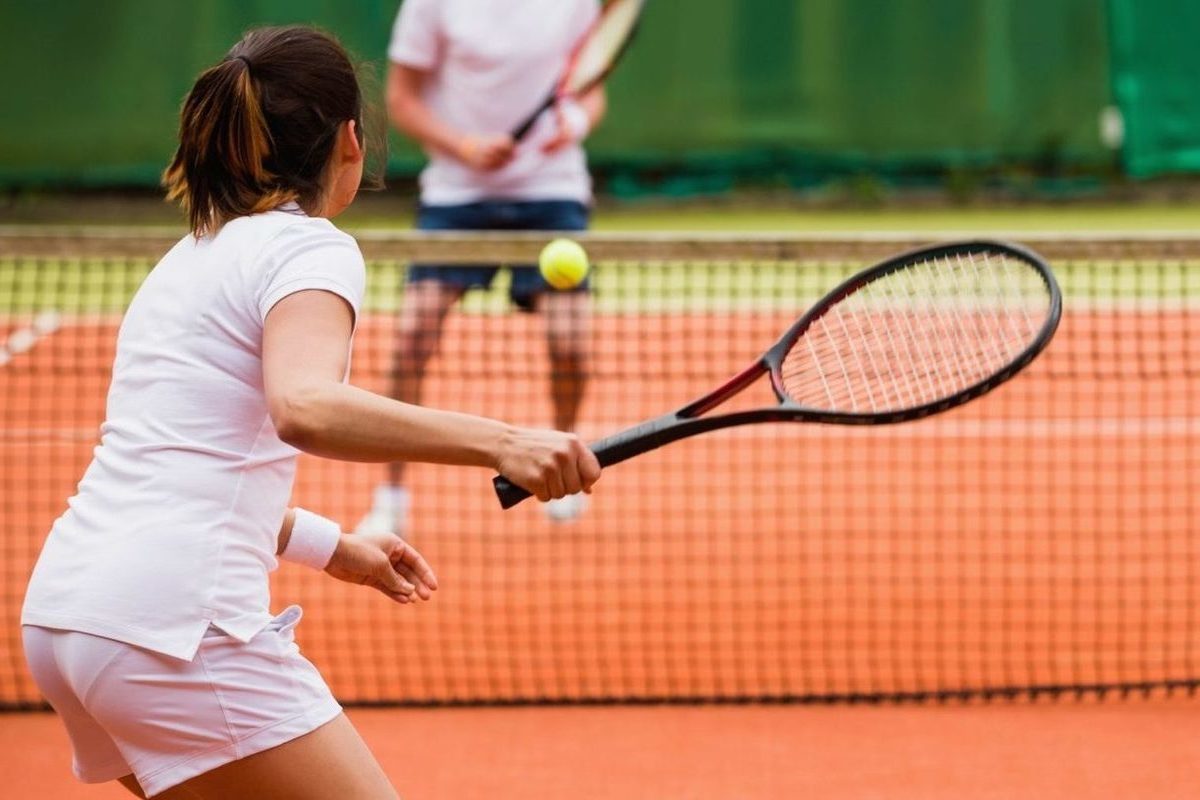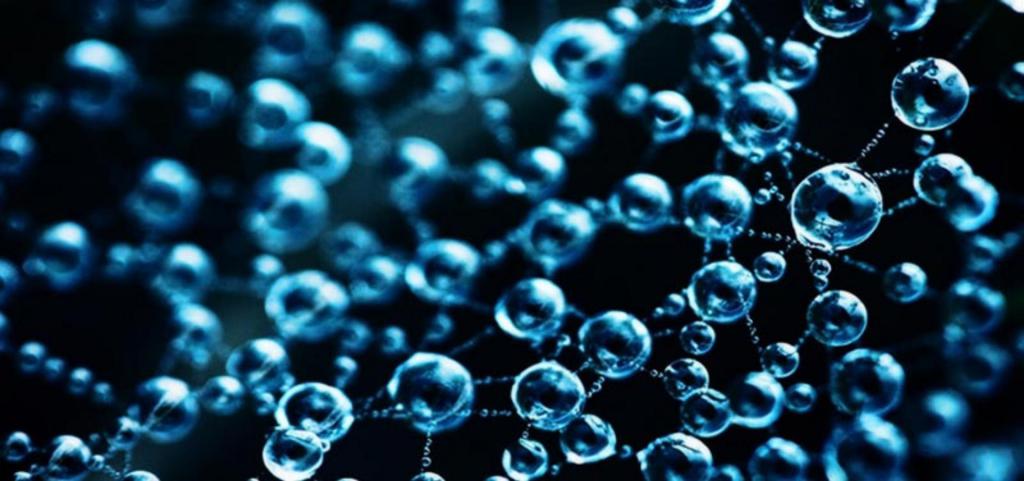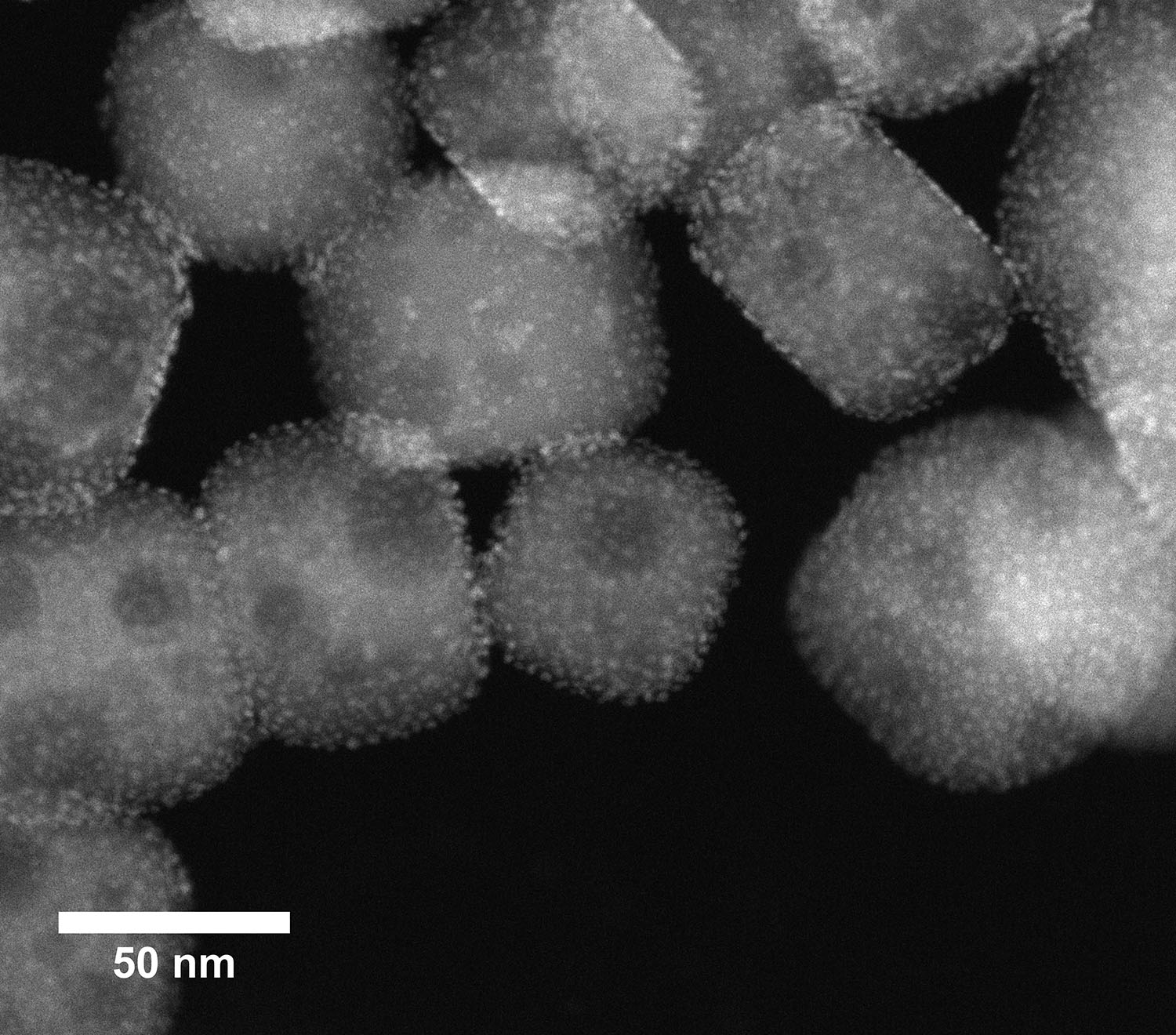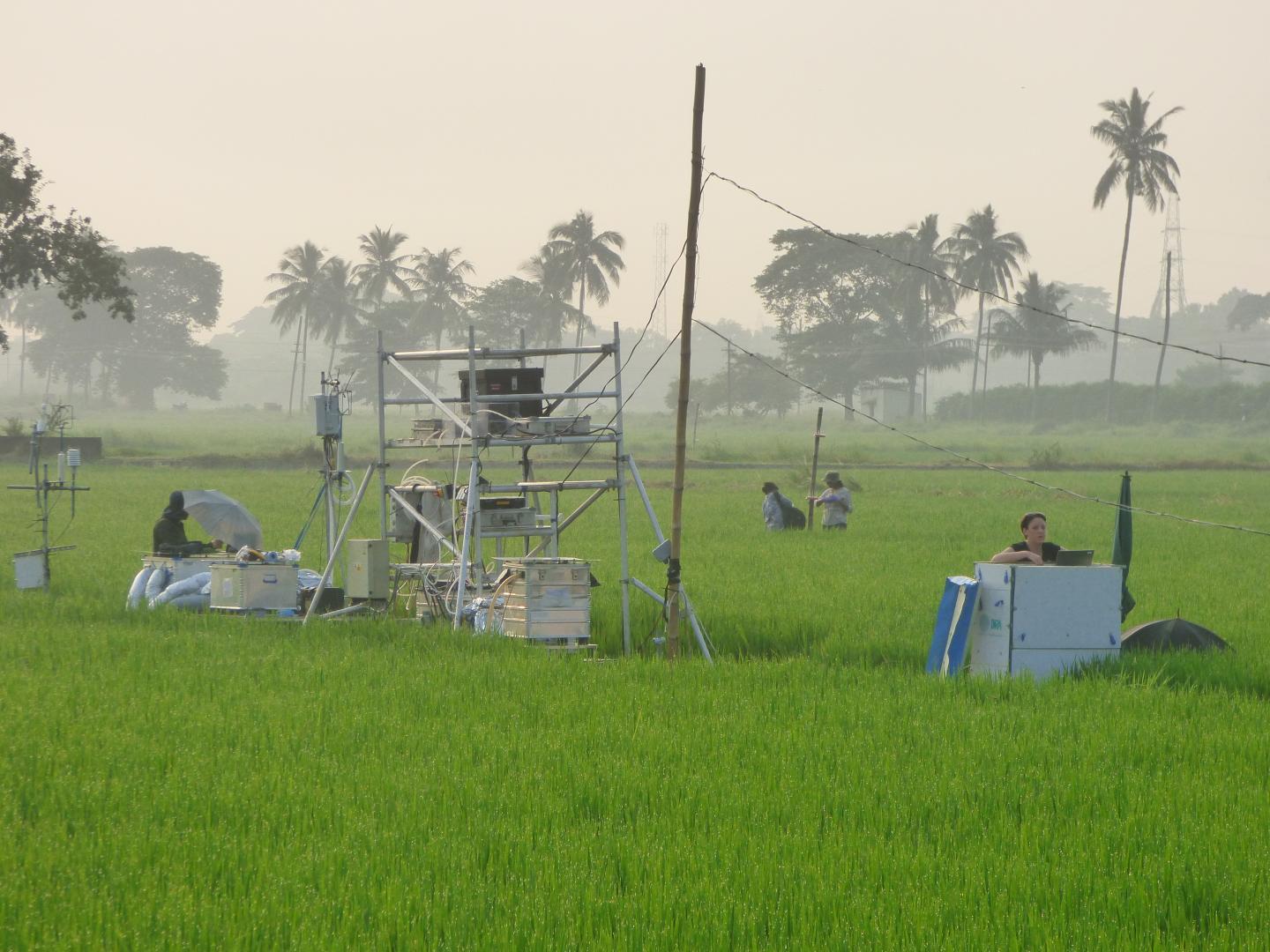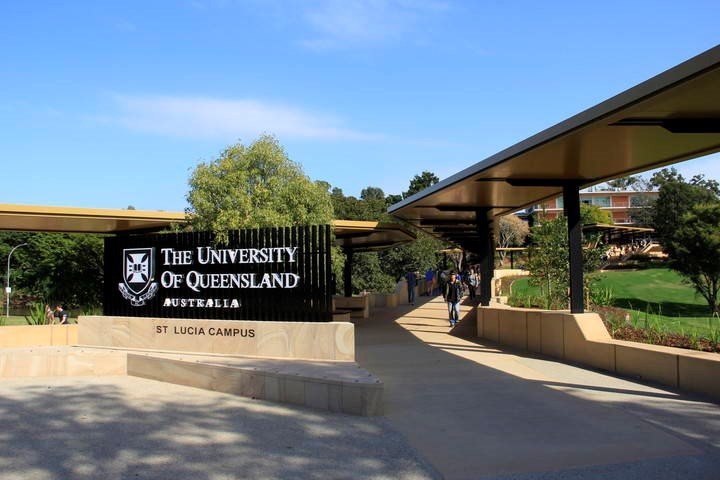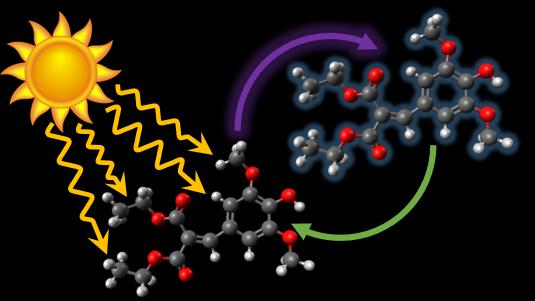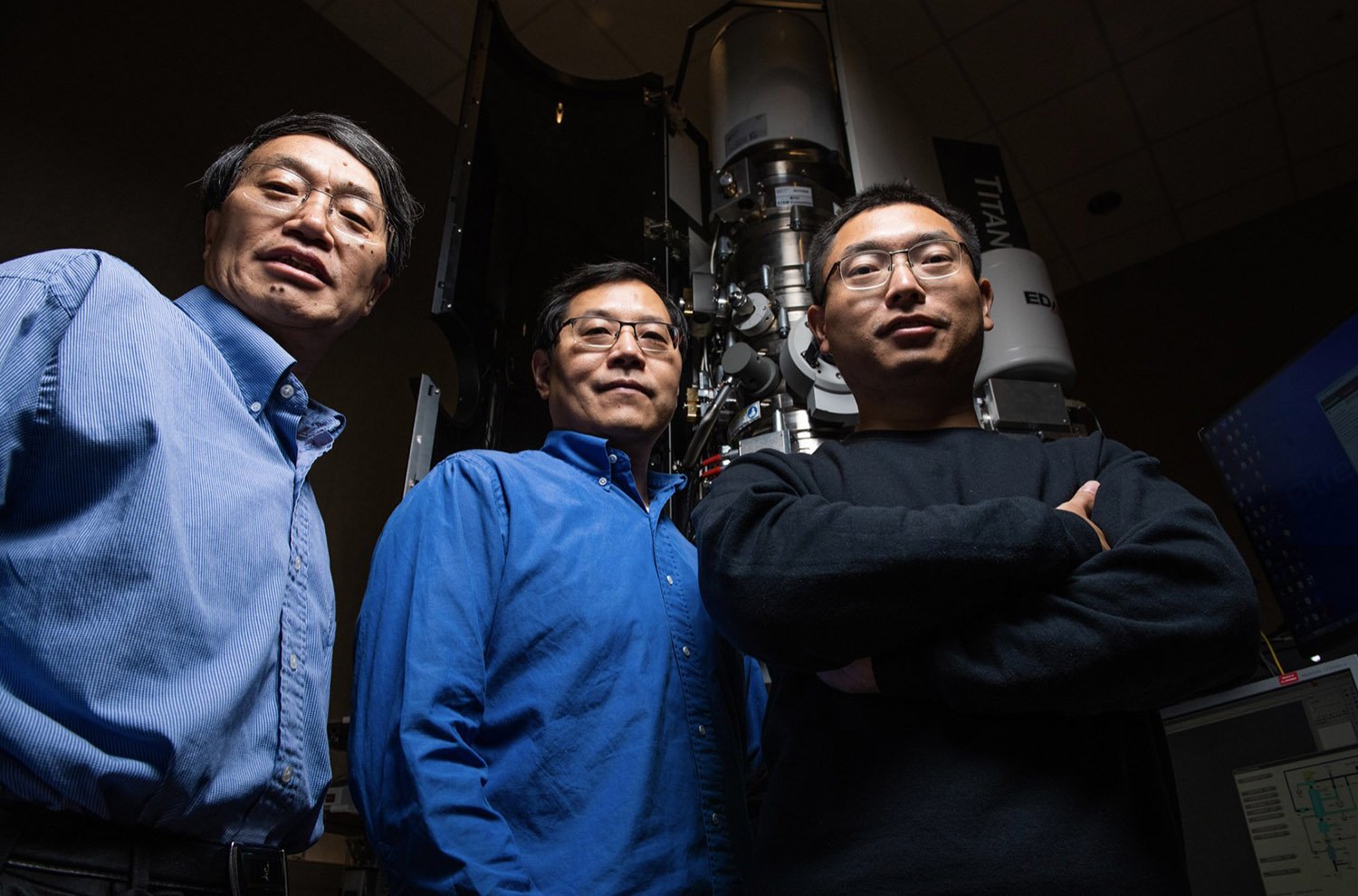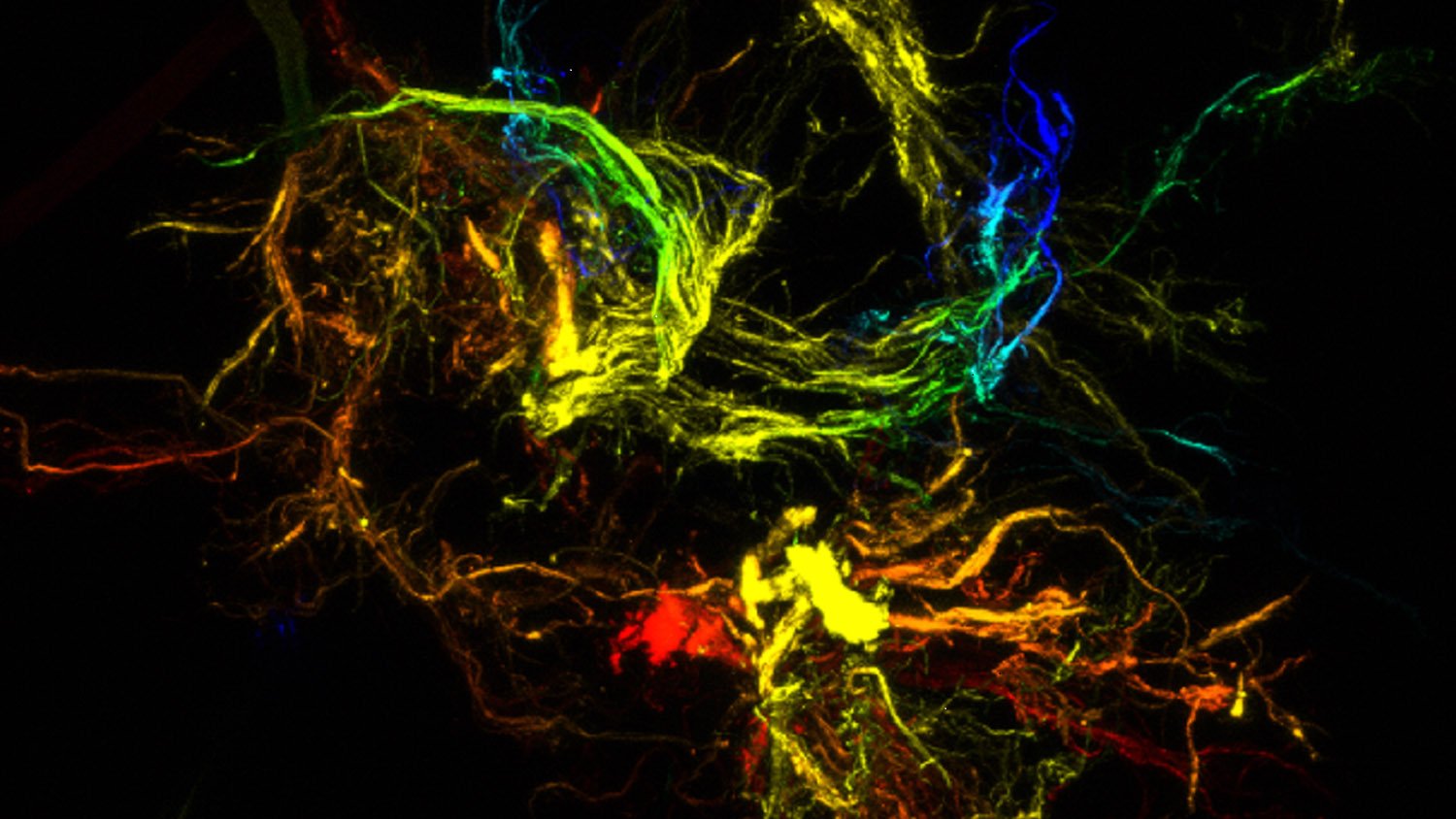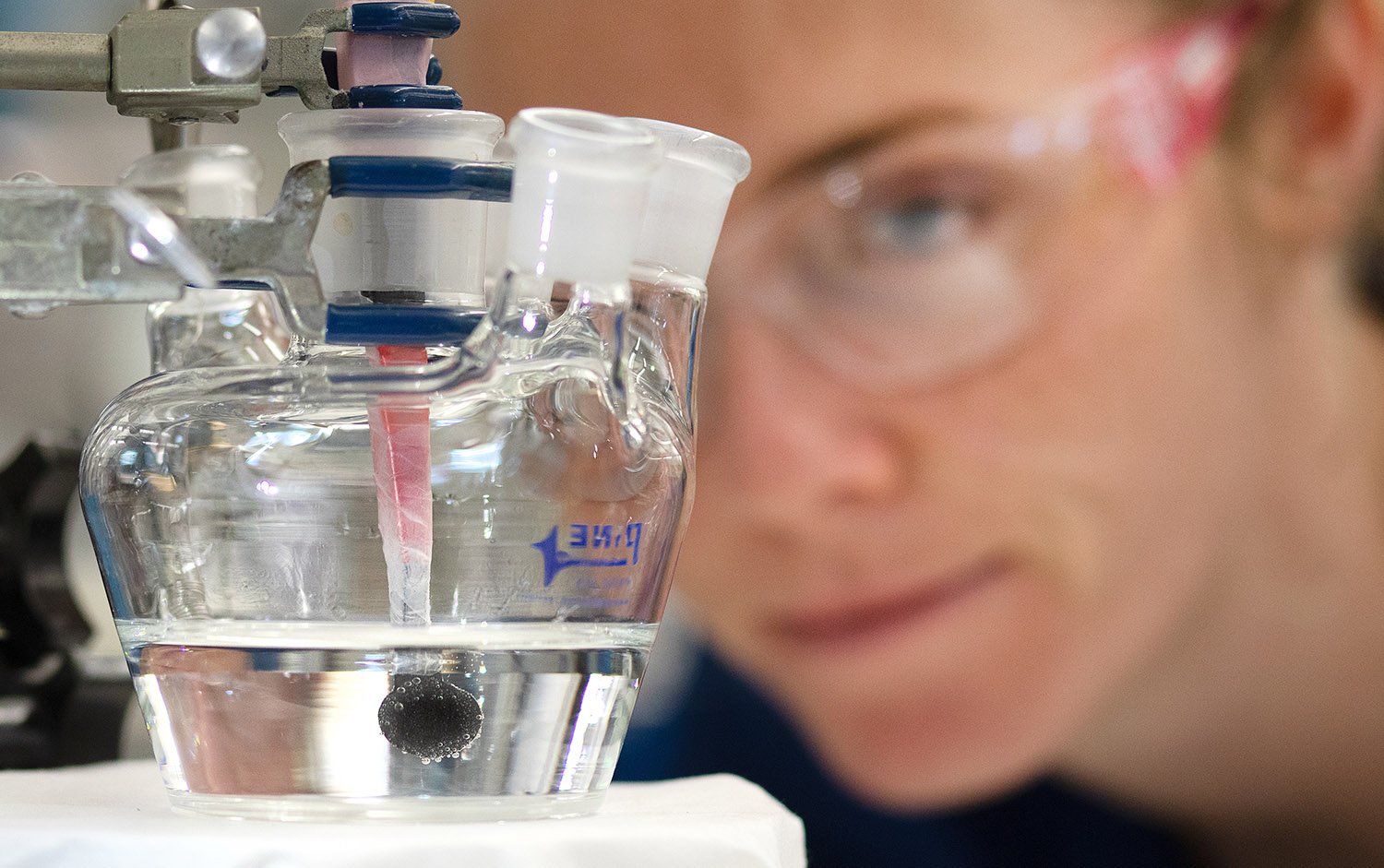Science shows hype about your opponent actually messes with your game
Buzz about tennis’s newest rising stars — like 15-year-old prodigy Coco Gauff, who beat Venus Williams at Wimbledon — can be so intimidating it can make their opponents play worse, according to new research from Duke University’s Fuqua School of Business. A study of more than 117,000 pro tennis matches and more than 5 million … Read more
